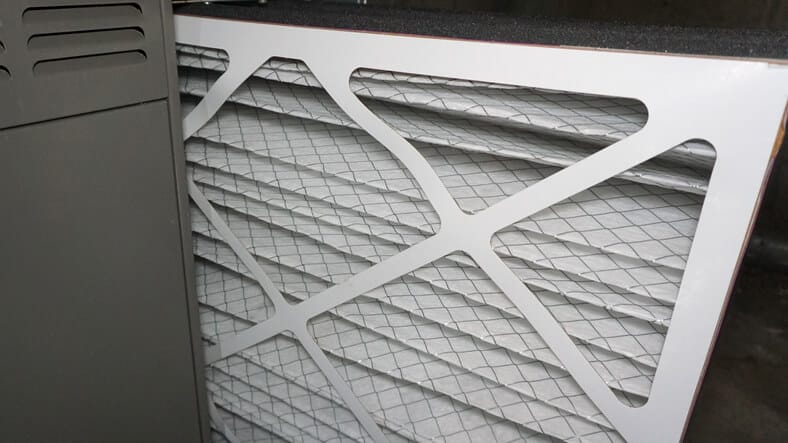Turning on a furnace in the cold winter months can have a big impact on asthma and allergy sufferers. During the colder months, when turning on the furnace is necessary to keep your home warm, asthma and allergy symptoms can flare up as dust, and other allergens are thrown into the air. To help reduce asthma and allergy symptoms during these months, it’s important to take preventative steps in order to maintain optimal asthma care in Pittsburgh.
 How Does the Furnace Impact Your Allergies?
How Does the Furnace Impact Your Allergies?
Asthma and allergies in the home can be triggered by dust mites, pollen, cockroach droppings, and pet dander, all of which can accumulate within your furnace when it is not properly cared for. Without proper maintenance, your furnace can blow these allergens around your home, introducing them to the air and causing you to breathe them in.
Improving the indoor air quality of your home can help you reduce these allergens while also reducing common allergy and asthma symptoms such s shortness of breath or wheezing.
Way to Prevent Your Furance From Triggering Your Allergies
Here are a few steps you can take to keep your furnace allergy friendly:
Have your furnace regularly serviced and cleaned by a professional. A clean furnace will reduce the dust and allergens that are pushed into the air in your home, which can be very helpful in asthma management.
Change or clean your filters often. This can help to reduce the amount of dust and allergens that are being spread through your home.
Consider using an air purifier with a HEPA filter to trap particles in the air before they reach your lungs.
Clean your air ducts. Small particles accumulate in your vents which can be pushed into the air when the furnace kicks on. Schedule an air duct cleaning to keep your supply/return ducts and registers, diffusers, and grilles clean.
Can Forced Air Be Detrimental to Allergies?
In some cases, forced air systems can negatively affect your allergies. They can carry allergens through the air in your home, causing you to breathe them more frequently when compared to a radiant heating system. To avoid these irritations, you need to properly care for your forced air system, as mentioned above. You can also be sure to dust and vacuum the home frequently to keep dander, dust, and mold out of the air. We recommend you dust first, then vacuum, and don’t forget to clean the curtains as they often collect allergens.
You should also monitor the moisture levels in the home. Too much humidity can encourage the growth of mold and dust mites which can aggravate your allergies. You can add a dehumidifier to your HVAC unit to keep moisture levels more regulated for healthier indoor air quality.
Create an Allergy and Asthma Care Plan
If you are looking for an allergy doctor in Pittsburgh, look no further than Allergy & Clinical Immunology Associates, PC! Our team of board-certified allergy care experts can help you create an allergy and asthma care plan to help you manage your symptoms throughout the winter and beyond! Contact us today to learn more!